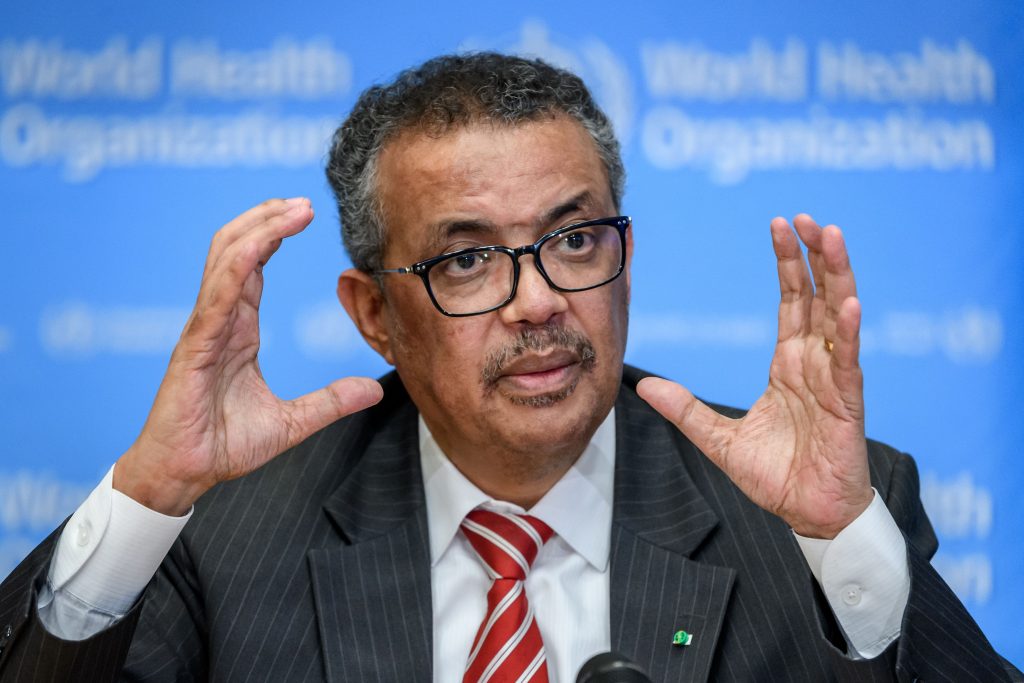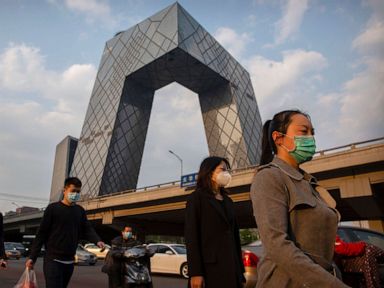


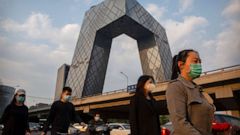
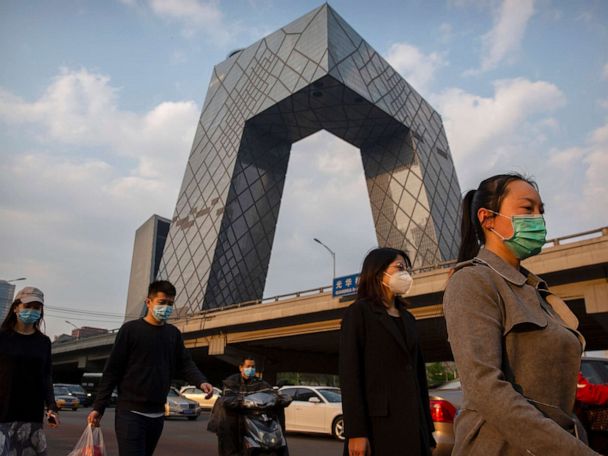
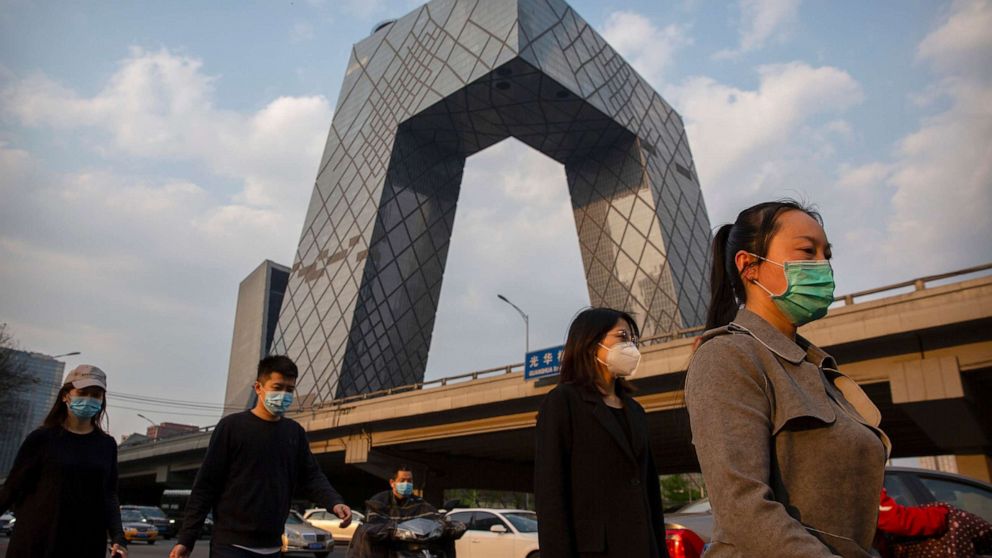
The coronavirus pandemic has quickly evolved from a health care crisis to a financial one, shuttering businesses, upending industries and sending financial markets reeling.
Here’s the latest news on how the COVID-19 crisis is affecting the economy. For more on financial resources available during the pandemic, click here.
Here’s how the day is unfolding. Please refresh for updates.
’14 years’ worth of loans in less than 14 days’
Treasury Secretary Steven Mnuchin and Small Business Administrator Jovita Carranza said their Paycheck Protection Program, which has courted controversy for weeks, has “processed more than 14 years’ worth of loans in less than 14 days, which will protect a vast number of American jobs” in a new statement Friday.
The majority of the loans, or 74%, were for under $150,000, the two added in a joint statement, saying this demonstrates “the accessibility of this program to even the smallest of small businesses.”
Moreover, they said the PPP has provided payroll assistance to more than 1.6 million small businesses since its inception on April 3.
“Nearly 5,000 lenders participated in this critical program, including significant lending by community banks and credit unions,” they said. “Nearly 20% of the amount approved was processed by lenders with less than $1 billion in assets, and approximately 60% of the loans were approved by banks with $10 billion of assets or less. No lender accounted for more than 5% of the total dollar amount of the program.”
Mnuchin and Carranza went on to call for more funding from Congress for the PPP.
Thousands of small business owners across the U.S. have been left in the lurch after the program officially ran out of money Thursday morning.
Mississippi allows ‘safe sales’ from non-essential businesses to help people cope ‘mentally and financially’
Mississippi’s governor, Tate Reeves, announced that non-essential businesses can reopen with curbside pickup, delivery or drive-thru sale options.
“Clothing stores, florists, or athletic goods can do safe sales. If a salon or other business wants to safely sell their excess supplies to stay afloat, they can do that,” Reeves said in a statement. “Call ahead or order online, then safely pick it up. I wish I could open it all back up for everyone. I can’t do it without harming even more people. But we believe that we can safely do this.”
Reeves also extended a shelter-in-place order for an additional week.
He said his decision was made in order to help Mississippians stay afloat and to prevent overcrowding at bigger retailers.
”No business is non-essential to those who rely on its paycheck for food, supplies, and shelter. I cannot sit by while Mississippians are driven into poverty, without doing everything in my power to give them some greater ability to take care of themselves. It’s not enough,” Reeves said. “But it’s a good faith step towards recovery, and I hope that you will take it as a lifeline and sign of hope.”
Markets spike early Friday
U.S. financial markets saw early gains Friday, possibly on hopes that the nation could begin plans to reopen its economy soon.
The Dow Jones Industrial Average was up more than 500 points, or over 2%, on Friday morning. The S&P 500 was also up more than 2% and the Nasdaq rose 1.3%.
On Thursday, Trump touted plans to reopen the American economy in phases. The president said some states could enter phase one of reopening “literally tomorrow.”
Medical authorities have warned, however, that more widespread testing and contact tracing would be necessary in order for the nation to safely reopen.
China’s economy shrunk by 6.8% in first three months of 2020
After years of uninterrupted growth, China reported Friday that its economy contracted by 6.8% in the first three months of the year compared to the same time last year as the a result of the novel coronavirus pandemic.
The sharp contraction for the world’s second largest economy was released by China’s National Bureau of Statistics on Friday, the same day that China revised its death toll for the epicenter of the outbreak in Wuhan up by 50%.
The country added 1,290 deaths for Wuhan, with a death toll that now stands at 3,869 in the city.

